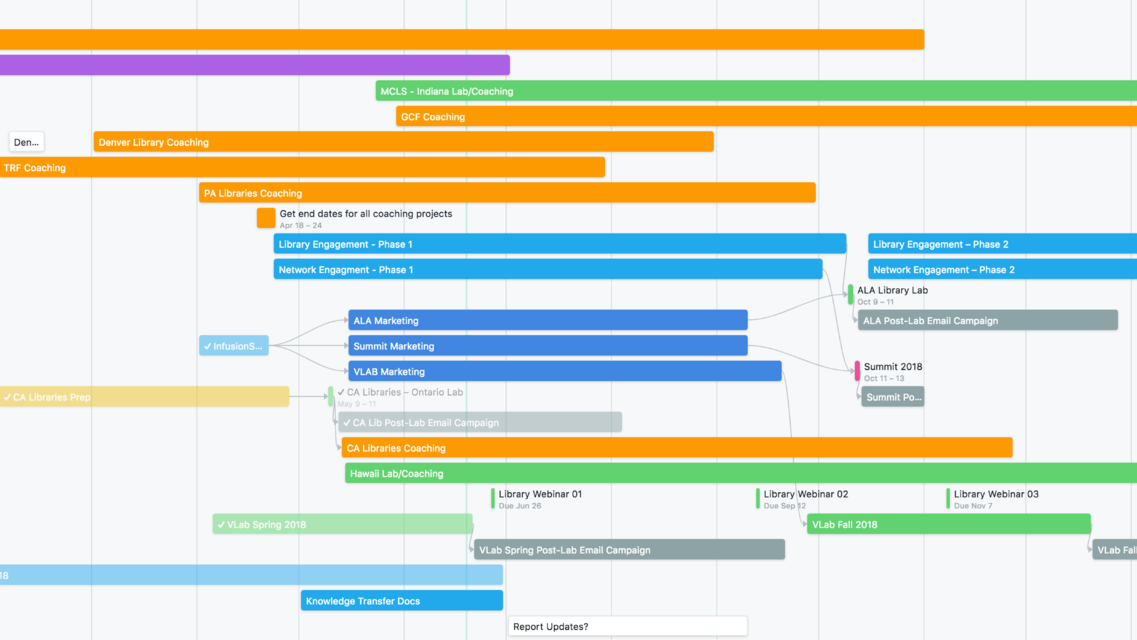
The Case Against Project Managers
I’ve just finished Jenny Odell’s latest book ”Saving Time: Discovering a Life Beyond the Clock,” which is chock-full of mediations and ways to rethink the (western) modernized relationship to time. Highly recommend!
Part of this book reviews the rise of Scientific Management AKA Taylorism, a movement from the turn of the 19th century that sought to increase workplace efficiency. To do so, factory workers should be tasked with small, short, repetitive tasks that can be optimized down to the millisecond, to collectively ensure a faster aggregate production. The most famous early success of this was Henry Ford’s factory, able to churn out production of their Model T cars.
Labor compartmentalization does increase company profits, but the human cost of this can be pretty brutal. In a low-skilled job, this could look like the Amazon fulfillment workers who have to wear physical monitors to ensure they are packaging up boxes fast enough for 8+ hours a day. At a highly-skilled job, this can look like an aerospace company siloing its research scientists to they point that they never learn enough context to qualify for a job at a better-paid competitor. (true story, btw)
I see this compartmentalization creeping further and further into tech companies, something that has been viscerally apparent as I have been looking for work lately. Historically I have had interstitial roles between organizations, but the current hiring landscape is asking me to pick a category to slot myself into.
As we apply Taylor’s principles to job roles and responsibilities, it is unsurprising that the workers comfortably settle in to focusing on their assigned tasks, without much critical thought applied to whether or not the task should exist. I was asked in a job interview if I would want to attend planning meetings about a feature I’d be building, or if I’d rather just have tickets assigned me. It blows my mind that people would choose the latter.
Time for a bibliographic tangent — my two most formative texts in thinking about corporate labor structures are both by David Graeber, ”Utopia of Rules” and ”Bullshit Jobs” Both concern the rise of bureaucractic & administrative work, and the very real time sink these tasks take.
I could talk for hours on these two books, but the point I am trying to make is that the Project Manager role is a prime example of these “bullshit jobs.”
Much of what bureaucrats do, after all, is evaluate things. They are continually assessing, auditing, measuring, weighing the relative merits of different plans, proposals, applications, courses of action, or candidates for promotion.
Graeber, Utopia of Rules
In all fairness to PMs — in some companies, we have created a set of workers (developers, designers, etc) who no longer want to understand or contribute to the larger vision/goals of their projects. A developer who refuses to write code until they have extensive step-by-step instructions for what they need to do — well, ok, someone’s gotta write those steps out.
I would urge, instead, for tech ICs to reengage with their labor, to participate in deciding if/when/how projects are built. Fight against the alienation of labor, if we want to get all Marxist about it.
Seize the means of (code) production! Cancel those daily standup meetings! Abolish the role of PM!